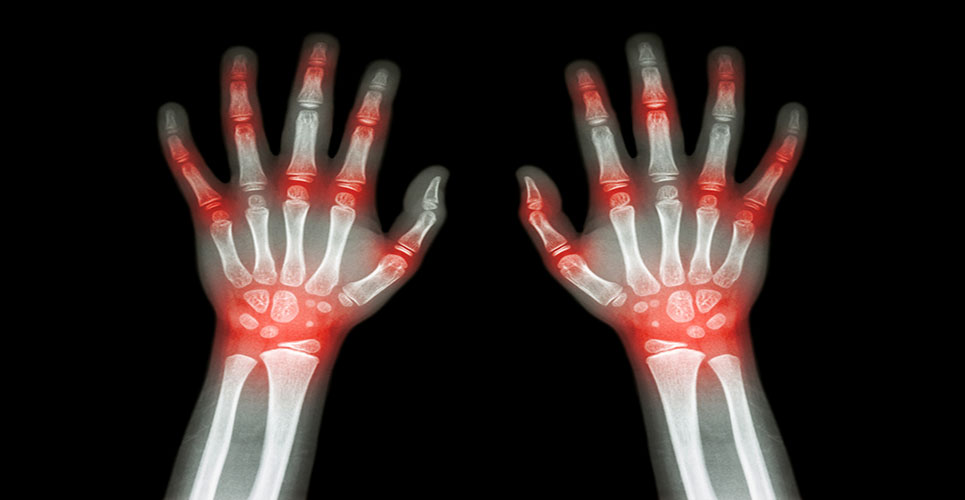EUSA Pharma has announced that the European Commission (EC) has licensed Fotivda® for the management of adult patients with advanced renal cell carcinoma (RCC) in the European Union plus Norway and Iceland.
EUSA Pharma has announced that the European Commission (EC) has licensed Fotivda® for the management of adult patients with advanced renal cell carcinoma (RCC) in the European Union plus Norway and Iceland.
Tivozanib is indicated for the first line treatment of adult patients with advanced renal cell carcinoma (RCC) and for adult patients who are VEGFR and mTOR pathway inhibitor-naïve following disease progression after one prior treatment with cytokine therapy for advanced RCC.1 Tivozanib is an oral, once-daily, potent selective vascular endothelial growth factor receptor tyrosine kinase inhibitors (VEGFR-TKI).
Dr Bernard Escudier, Medical Oncologist and member of the Genitourinary Tumour Board of Gustave Roussy, France,commented, “This is excellent news for patients with metastatic RCC. Outcomes in this disease have greatly improved with the introduction of targeted therapies, meaning that patients are living for longer. However, we are still in need of effective and well tolerated new treatments in metastatic RCC and thus, tivozanib is a welcomed addition.”
The authorisation from the EC follows the recommendation from the Committee for Medicinal Products for Human Use (CHMP).2 The decision was primarily based on data from global, open-label, randomised, multi-centre Phase III trial (TiVO-1)1,3 which evaluated the efficacy and tolerability of tivozanib compared to a currently available comparator VEGFR-TKI treatment (sorafenib) in the treatment of 517 patients with advanced RCC. Patients treated with tivozanib experienced superior PFS (11.9 vs. 9.1 months in the overall population [HR, 0.797; 95% CI, 0.639 to 0.993; p = 0.042] and 12.7 vs. 9.1 months in treatment naïve patients [HR, 0.756; 95% CI, 0.580 to 0.985; p = 0.037]) versus sorafenib.3 There was also an improved side effect profile with tivozanib, with only 14% (versus 43% with sorafenib) requiring a dose reduction due to adverse events (AEs). In addition, fewer people on tivozanib experienced burdensome side effects, such as diarrhoea (23% vs 33%), and hand-foot syndrome (14% vs 54%).3
“Today’s licensing of tivozanib by the European Commission is an important step in expanding treatment options for patients with advanced renal cell carcinoma, where, despite advancements in therapy, survival rates in advanced disease remain low,” said Dr Jon Morgan, Medical Director, EUSA Pharma.“The licensing of tivozanib is supported by results from the TiVO-1 pivotal study which demonstrated efficacy of tivozanib as a first-line treatment.”
Lee Morley, EUSA Pharma’s Chief Executive Officer said,“Tivozanib has the potential to become an important new first-line therapy and the EU licensing is a great achievement for the EUSA team. EUSA Pharma is making great strides in building a leading specialty pharmaceutical business. In our short history we have made significant progress in expanding our portfolio of specialist medicines, and we look forward to further strengthening our portfolio focused in the oncology field.”
Following EC licensing, EUSA Pharma will now work with the necessary health authorities to make tivozanib available to advanced RCC patients across Europe as quickly as possible.
References
- http://www.ema.europa.eu/ema/
- CHMP summary of opinion. http://www.ema.europa.eu/docs/en_GB/document_library/Summary_of_opinion_-_Initial_authorisation/human/004131/WC500229916.pdfLast accessed July 2017
- Motzer RJ et al. Tivozanib versus sorafenib as initial targeted therapy for patients with metastatic renal cell carcinoma: Results from a Phase III trial. J Clin Oncol 2013;31(30):3791

